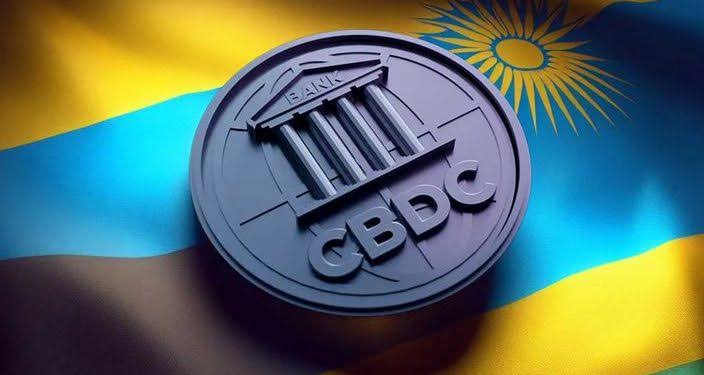Two MIT-educated brothers accused of orchestrating a $25 million cryptocurrency theft are asking a federal judge to block prosecutors from using their Google search history in court. The defense motion, filed in Manhattan federal court on Friday, marks the latest twist in what prosecutors have called a “first-of-its-kind” crypto heist case.
Anton and James Peraire-Bueno were arrested in May 2024 on conspiracy, wire fraud, and money laundering charges tied to an alleged April 2023 manipulation of the Ethereum blockchain. Federal authorities claim the pair exploited Ethereum’s MEV-boost system to fraudulently intercept private transactions, siphoning $25 million in just 12 seconds.
The brothers now argue that prosecutors are unfairly trying to use internet searches — including terms like “top crypto lawyers” and “wire fraud statute of limitations” — as evidence of criminal intent. Their legal team insists the searches coincided with privileged attorney consultations after the alleged scheme and are irrelevant to guilt.
Court weighs intent versus legal consultation
The decision rests with U.S. District Judge Jessica G.L. Clarke, who must determine whether searches conducted after the alleged crime suggest “consciousness of guilt” or reflect legitimate legal research during a period of investigation.
“For the government to argue its preferred inference, the government would first need to establish that any given search was connected to this case,” the brothers said in their filing. “But the contents of the searches themselves do not show that.”
Defense lawyers submitted privilege logs showing that searches aligned with communications to potential counsel. For instance, the search for “top crypto lawyers” occurred the same day the brothers were contacting attorneys for representation.
Legal experts caution against treating online searches as conclusive proof.
“Google search histories can be used as hints, but they’re context-dependent,” — Alex Chandra, partner at IGNOS Law Alliance, told Decrypt. “The mere fact that someone googled something isn’t automatic proof of intent or guilt.”
Prosecutors push blockchain fraud narrative
Federal prosecutors maintain the crypto heist case is unprecedented in scope, describing it as the first time individuals exploited blockchain infrastructure at such a scale. They allege the brothers leveraged their technical expertise to orchestrate a fraud that undermined trust in Ethereum’s transaction system.
Court filings reveal the defendants sought legal advice after being “threatened by anonymous sandwich attackers,” who demanded they return the diverted funds. Authorities say the brothers’ rapid actions demonstrate an awareness of wrongdoing.
“Post-conduct searches are weaker evidence compared to searches conducted before an alleged crime,” Chandra added. “It still needs corroborating evidence showing that the searches align with criminal intent. Since it would be dangerous if Google searches are determinative alone.”
The brothers’ legal team is also moving to exclude media reports containing what they call “inflammatory descriptions” and to block a Twitter screenshot of a disputed “false signature.” Prosecutors have cited a tweet from pseudonymous researcher samczsun, but the defense argues the image cannot be authenticated.
Stakes for crypto law and digital privacy
The crypto heist case is being closely watched by legal analysts and blockchain industry participants, not only because of its $25 million scale but also for its potential precedent on the role of digital search data in fraud prosecutions.
If the court admits Google search histories as evidence of intent, it could expand the prosecutorial toolkit in future crypto-related cases. Conversely, exclusion might strengthen arguments that post-crime digital activity tied to legal consultation should remain protected.
“This is not just about one case,” said a defense attorney close to the matter. “It’s about whether routine digital behavior can be weaponized against defendants without proper context.”
Each brother faces up to 20 years in prison per count if convicted. The outcome could influence how prosecutors approach future crypto heist cases, especially those involving blockchain exploits and sophisticated technical methods.
For now, Judge Clarke’s ruling will determine whether internet search histories become a pivotal factor in this trial — or whether they remain outside the bounds of admissible evidence in the evolving landscape of cryptocurrency crime.












